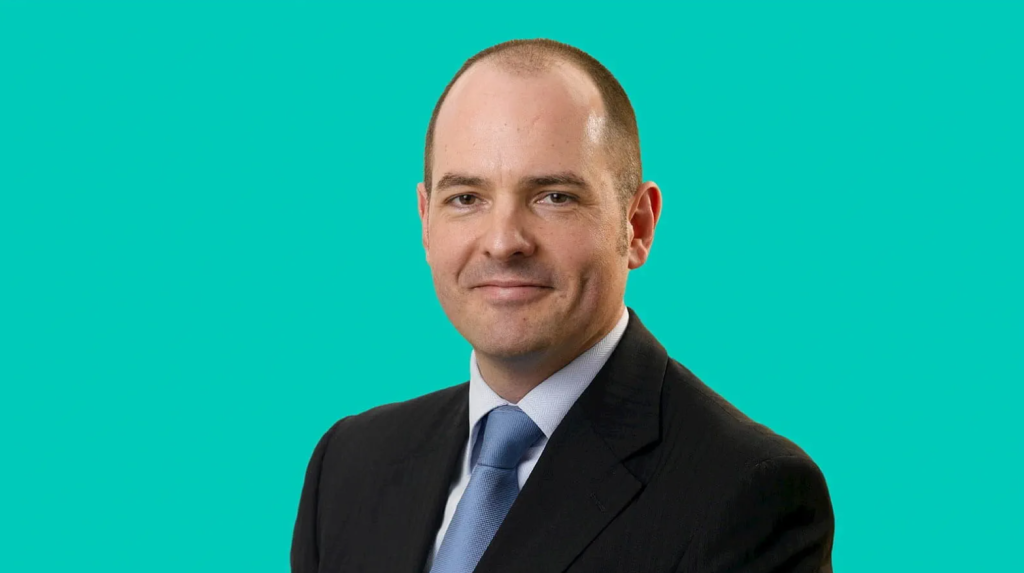by Michael Reiss von Filski
Competition has been shown to be useful up to a certain point and no further, but cooperation, which is the thing we must strive for today, begins where competition leaves off." – Franklin D. Roosevelt.
Competition plays a considerable role in the world of accounting networks and alliances. The major differentiation consists of networks on one hand, predominantly led by the ‘Big Four’ and alliances or associations of independent firms on the other hand. Both groups repeat their mantra and underline why their concept might be more appropriate, more efficient or more suitable for their clients and for future partners or member firms.
In January every year, the IAB launches its annual survey where an arithmetic and straightforward measurement of this permanent competition is published. Most of the chief executives or chairpersons of the leading organisations of the accounting profession get together to discuss developments, visions and views on the occasion of a round table discussion hosted by the IAB, this year in the ICAEW with its vice-chairman Arthur Bailey duly representing the Institute.
Some people might think such a round table discussion might turn into a real mud fight, which is certainly not the case. Of course, it’s not a meeting where unanimity prevails at all times either.
Gentle initial statements and dialogues lead the way to some controversy. Fee pressure is an issue, but do we want clients who are unable to recognise that quality always has its price? Quality cannot be measured, but can we ensure it’s perceived as the key element of all our organisations? How can we emphasise to a broad public that auditors have a very determined and specific role, which cannot always ensure that an audited company will be in business forever? How can we maintain the dialogue with regulators without being misunderstood, without creating the impression that we are individually looking for flawed and softer rules and ultimately for higher profit? Why is there so little movement in the top four ranks of the profession while there is much more change in the rest of the organisations?
How well do you really know your competitors?
Access the most comprehensive Company Profiles on the market, powered by GlobalData. Save hours of research. Gain competitive edge.

Thank you!
Your download email will arrive shortly
Not ready to buy yet? Download a free sample
We are confident about the unique quality of our Company Profiles. However, we want you to make the most beneficial decision for your business, so we offer a free sample that you can download by submitting the below form
By GlobalDataIt was interesting to hear suddenly a statement from a ‘Big Four’ firm that was so accurately similar to the concepts of all other organisations represented there – competition suddenly played a lesser role as all participants shared some common views to a quite considerable extent.
Yes, we are still all fierce competitors united by many common causes – all our organisations strive for quality, for improvement and for recognition of our hard work. While very few audits do not reflect reality at all and those few audited companies ultimately face serious problems, publicly commented and lamented, the vast majority of the thousands and thousands of audits carried out all over the world every day are accurate and help corporations and their executives and shareholders to continue with their business with the necessary statutory, legal and personal comfort.
Prosperity is also based on smoothly running companies; audit therefore plays a major role in ensuring prosperity.
It might not be that appealing to be an auditor at, for example, a cocktail party as was said during the round table. However it is a very fine and sophisticated profession that deserves being considered as such. After a round table conversation with a number of the leaders of the audit and accounting world, I have to admit that I’m personally proud of our competitors. I look forward to cooperating and competing with them in the future.
Clients from all over the world are lucky to be serviced by exceptional and good firms, regardless of whether their auditors are part of an integrated network or an alliance of independent firms. It is most rewarding to maintain a personal exchange between significant leaders of the profession. Leadership is action, not position. Thanks to the IAB and the ICAEW, I believe that all participants of this round table discussion experienced again a similar moment – when outstanding organisations with pre-eminent leaders compete, conceptual differences between the individual networks or alliances diminish and common values and visions become more evident – competition turns in part into cooperation.





